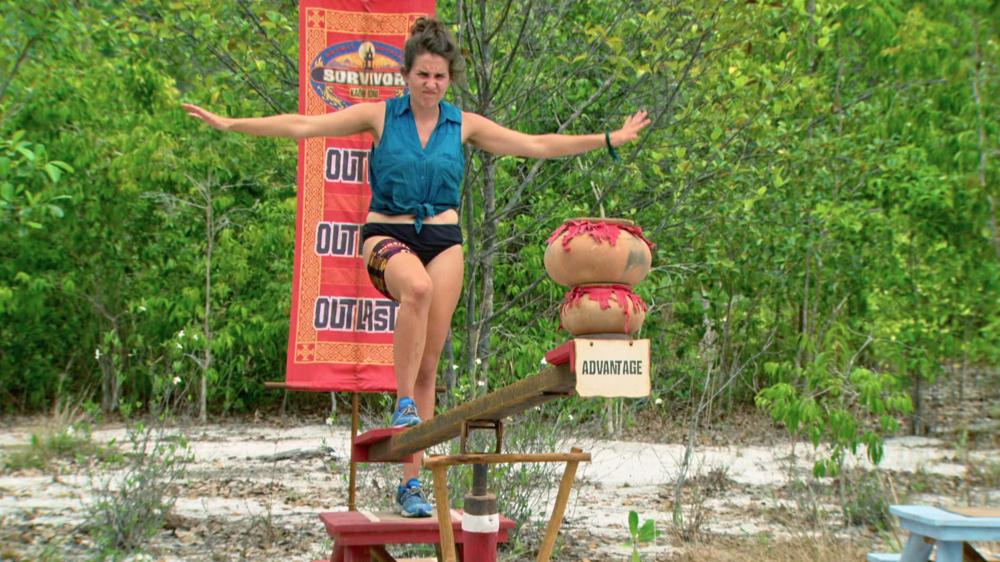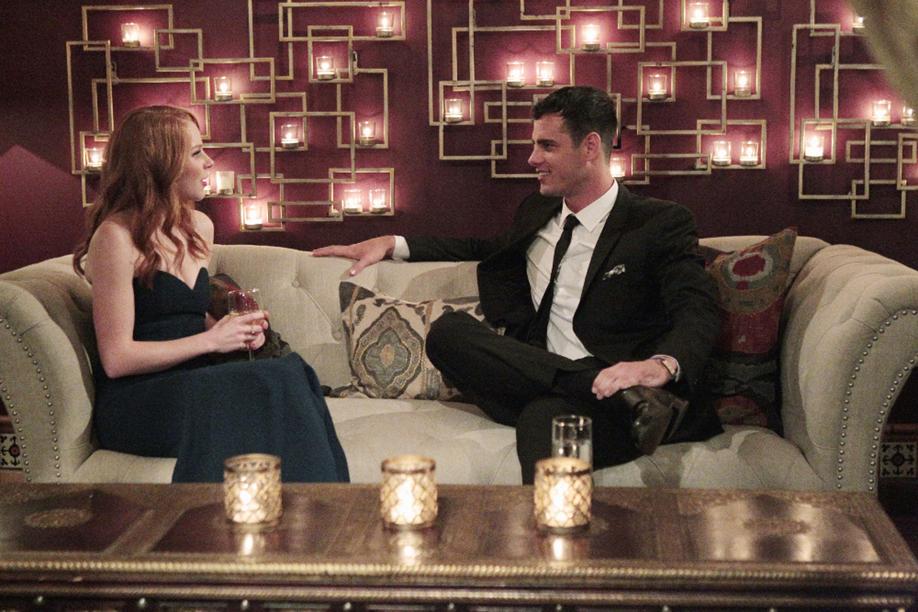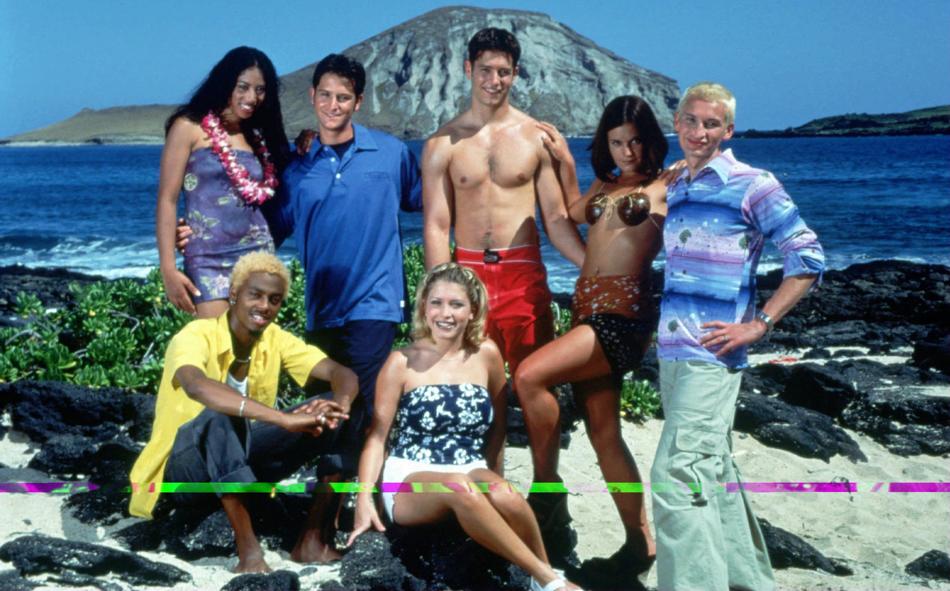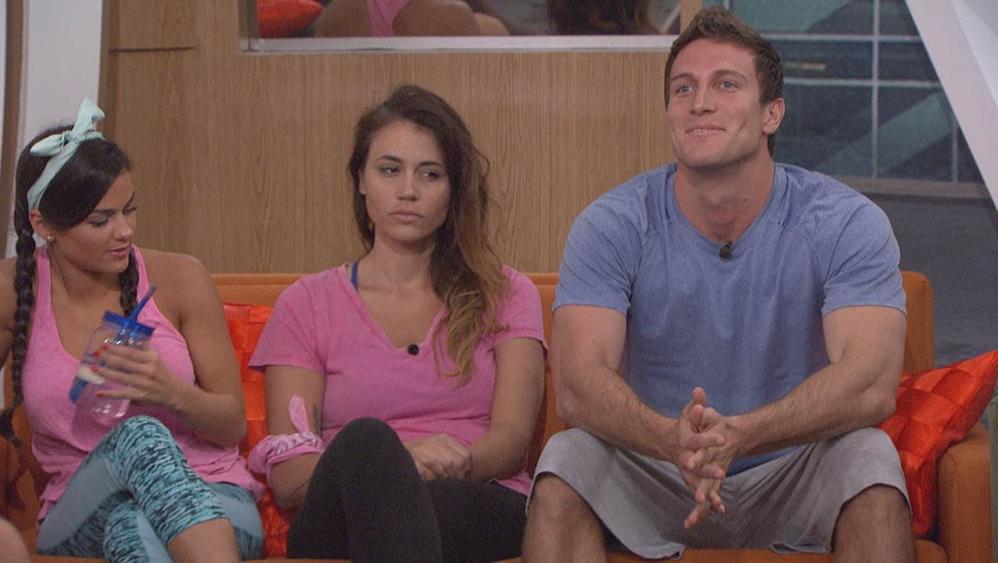



For a split second, when I first saw the news about a troubling sexual incident on the set of “Bachelor in Paradise,’’ I thought the whole thing was a fake stunt for publicity.
Stunts: Isn’t that what most of these hot-tub-loving reality shows are built on? The producers cast a bunch of willing “real people,’’ many of them wannabe D-List celebs, and then they deploy and manipulate them to create Big Drama. As the Lifetime series “UnReal’’ depicts so hauntingly, reality producers design tense situations and set up loud fights in order to build “story lines’’ and keep the action exciting. The bottom line for these shows, from ABC’s “Bachelor’’ franchise all the way back to Fox’s pioneering “Who Wants to Marry a Multi-Millionaire?’’ in 2000, has always been to grab ratings with the help of ugly exploits and psychological tricks, not to deliver awkward, boring, uneventful reality.
But production has been suspended on “Bachelor in Paradise,’’ which was filming at a resort in Mexico, and so the incident, still shrouded in mystery, is most likely real. All we know at this point is that Warner Bros., which produces the series for ABC, shut down filming after an encounter between two cast members — Corinne Olympios and DeMario Jackson, both castoffs from other seasons of the franchise — crossed a line. Both are now lawyered up after issuing statements Wednesday, with Olympios saying she was a victim and Jackson claiming he had been defamed. A producer on the set reported the incident to his or her boss, having seen, or seen footage of, something alarming. At this point, law enforcement is not involved.
So has the manipulation of adults for the purposes of reality entertainment finally crossed a line? If there was no consent, is this the moment when reality TV’s race to the bottom actually hits bottom? Will TV outlets start cultivating a safer reality ethos?
I’m thinking no.
These shows have been crossing lines for almost two decades now, feeding people tons of booze, encouraging them to have sex, and maneuvering them into tear-filled moments of shame, embarrassment, disgust, depression, and rejection. Dreadful reality incidents — knife threats (“Big Brother’’), face slaps (“The Real World’’), punches (“Jersey Shore’’), airing a death without permission of the family (“NY Med’’), racist remarks (“Big Brother’’), marital abuse (“The Amazing Race’’), sexual harassment (“Survivor’’), pooping in public (“Flavor of Love’’), and drunken driving (“The Real World’’) — have been going on for many years.
None of those occurrences have led to significant changes in the genre. And it’s possible that, since reality fans find the silliest, darkest, and most unflattering moments to be the best moments, none of these occurrences has taught reality producers any significant lessons in dignity and safety. The erosion of dignity and safety since reality TV took off in the early 2000s is a part of what has led the country to elect a reality host as president despite hearing him say about women: “I just start kissing them. It’s like a magnet. Just kiss. I don’t even wait. And when you’re a star, they let you do it.’’
The “Bachelor in Paradise’’ incident may be horrifying, but it can’t be surprising — not to the cast members, not to the producers, and not to the viewers. It’s a logical extension of where this genre has been heading all along. Even if “Bachelor in Paradise’’ is canceled, the genre will most likely continue to exploit individuals, pushing them into and pulling them out of trysts, for our viewing pleasure.
Matthew Gilbert can be reached at gilbert@globe.com. Follow him on Twitter @MatthewGilbert.



